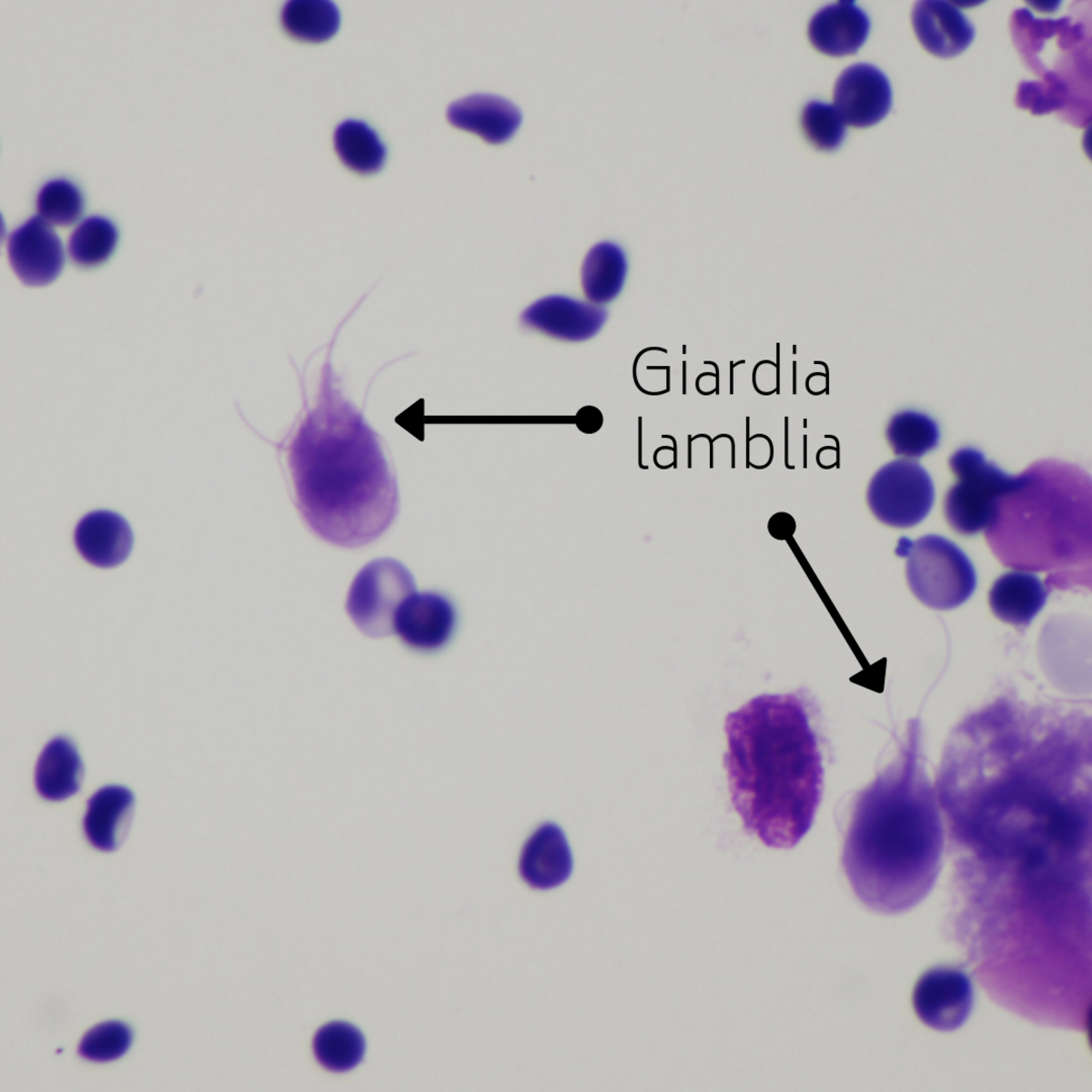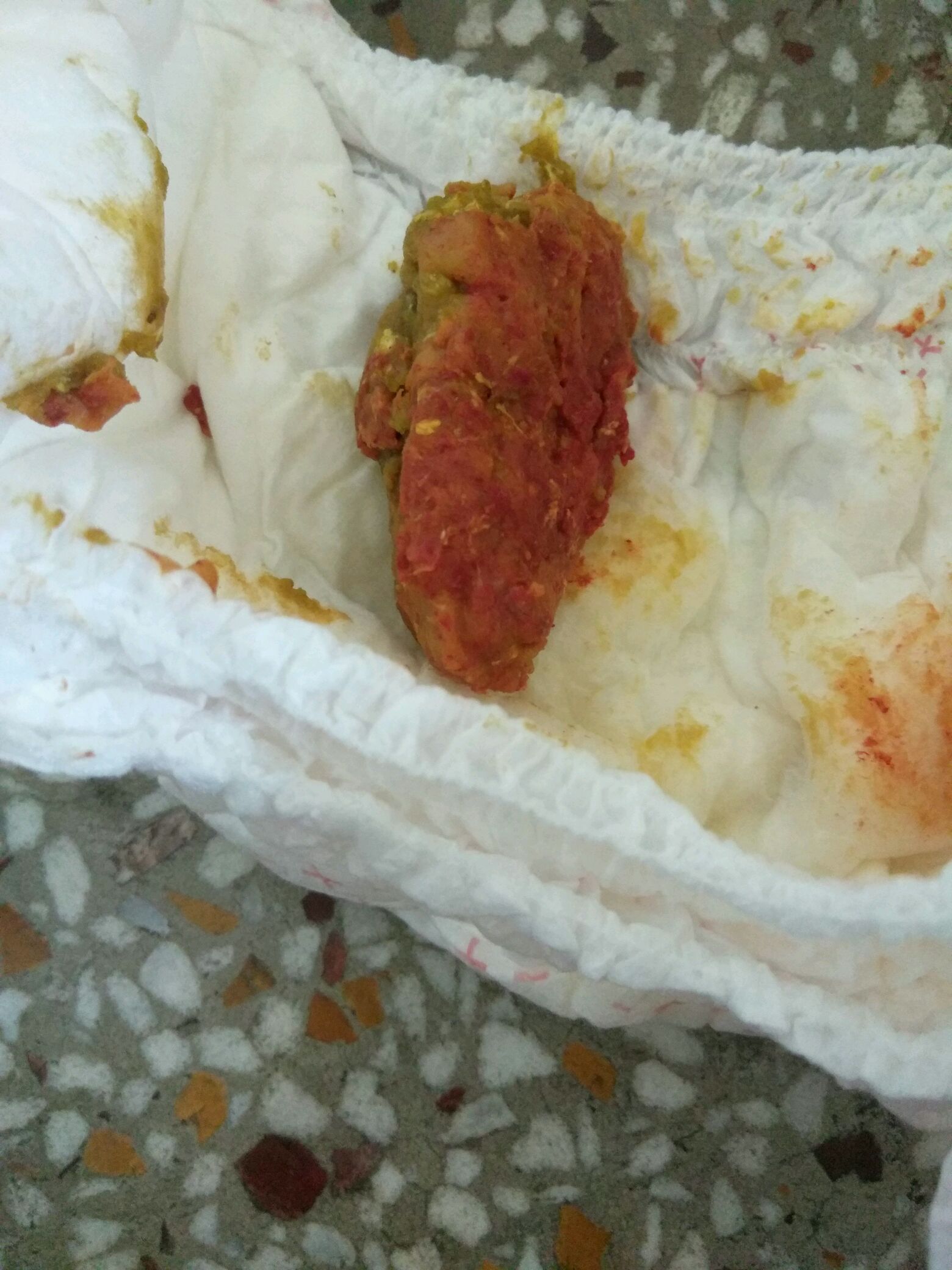What is rectal bleeding?
Looking down into a toilet and seeing blood can be alarming. Your mind might go to many places as alarm bells ring that something is wrong. This is often rectal bleeding. A symptom of many different medical conditions, rectal bleeding can vary from being mild to being a sign of a serious condition like colorectal cancer. If you're experiencing rectal bleeding, you might see blood in a few different ways — on your toilet paper as you wipe, in the water of the toilet bowl or in your poop. It can be different colors, ranging from bright red to a dark maroon to black.
Excess mucus in the stool is sometimes accompanied by other symptoms, which may be a sign of a bigger problem. These symptoms include: blood or pus in the stool; abdominal pain, cramping. I have ibs, and I have been having diarrhea. So no constipation. I felt like I had to go poop, and I went to the bathroom. I pooped out nothing but blood, and now it's just dripping from my butt. I didn't have any poop at all, it was all blood. Please help and tell me what this could be!!! Hemorrhoids are inflamed anal blood vessels, and they are extremely common. They can develop on the outside or inside of the anus, appearing as small bumps that occasionally bleed during bowel. In some instances, blood in your stool could mean colorectal cancer. It's important to note, though, that the amount of blood is often unnoticeable to the regular eye—so the rule of thumb is. Blood in the stool typically presents as blood-red or maroonish and represents a bleed somewhere in the gastrointestinal (GI) tract from mouth to anus. If blood is coming from the upper GI tract and is being digested, it can also take on a black, tar-like appearance called melena.
The color of blood you see can actually indicate where the bleeding might be coming from.
- Bright red blood usually means bleeding that's low in your colon or rectum.
- Dark red or maroon blood can mean that you have bleeding higher in the colon or in the small bowel.
- Melena (dark and tar-like stool) often points to bleeding in the stomach, such as bleeding from ulcers.
Sometimes, rectal bleeding isn't visible to the naked eye and can only be seen through a microscope. This type of bleeding is usually found during a lab test of a stool sample.
Is rectal bleeding serious?
In some cases, rectal bleeding can be a minor symptom of a condition that can be easily treated. Hemorrhoids, for example, can cause you to experience rectal bleeding. This usually doesn't last long and hemorrhoids are often easy to treat. However, rectal bleeding can sometimes be a sign of a serious condition like colorectal cancer. It's important to keep track of any bleeding you are experiencing. If it's heavy, frequent or causing you to worry, call your healthcare provider to check it out.
How does rectal bleeding appear?
You might see or experience rectal bleeding in a few different ways, including:
- Seeing blood on your toilet paper when you wipe.
- Seeing blood in the bowl of the toilet when you are using the bathroom — the water in the bowl might look like it's been dyed red.
- Noticing dark red, black or tarry poop while you are having a bowel movement.
Rectal bleeding can be bright red or darker in color. You can also have rectal bleeding without being able to see it. This can happen when you have very small amounts of blood in your stool — called occult bleeding.
How would my stool look if I had rectal bleeding?
When you have blood in your stool it can look a few different ways. You may have bright red streaks of blood on your poop or you could see blood mixed in with it. Stool could also look very dark, almost black, and tarry.
Sometimes, you can have blood in your stool that's not visible. This is called occult bleeding. This can be a sign of bleeding inside your digestive tract. It can also signal a more serious condition like an inflammation disease in your intestines or cancer. Occult bleeding is usually found during lab tests that look at a sample of your poop to check for small amounts of blood. This is called a fecal occult blood test and it can be used as a way to screen for possible colorectal cancer. Your healthcare provider might recommend this if you have a family history of colorectal cancer.
One thing to keep in mind when you see an unusual color in your poop is what you ate. There are certain foods that can change the color of your stool and make it look red or even black. This is often mistaken for blood in your stool.
What are the symptoms of rectal bleeding?
Why Am I Poop Blood
The symptoms of rectal bleeding can vary depending on what is causing the bleeding. Most causes of rectal bleeding are treatable and not serious. In some cases, rectal bleeding can be a symptom of a serious disease, such as colorectal cancer. Because it can be hard to know the cause of your rectal bleeding at home, it's usually a good idea to reach out to your healthcare provider if you have rectal bleeding.
Some symptoms you might have with rectal bleeding can include:
- Feeling rectal pain and/or pressure.
- Seeing bright red blood in or on your stool, underwear, toilet paper or in the toilet bowl.
- Having stool that's red, maroon or black in color.
- Having stool that has a tar-like appearance.
- Experiencing mental confusion.
- Feeling lightheaded or dizzy.
- Fainting.

In some very severe cases, rectal bleeding can lead to shock. If you experience any symptoms of shock, call 911 right away and get help. The symptoms of shock can include:
- Experiencing a sudden drop in your blood pressure.
- Having a fast heart rate.
- Not being able to urinate.
- Slipping into unconsciousness.
Q: I saw a Colorectal Cancer Awareness poster that said to look out for blood in my stools. What exactly am I looking for?

A: A person's stool (poop) is a window into their health and a precious warning sign of a problem, so look at it before you flush it. Keeping an eye on your stools is an important step in being aware of colorectal cancer and identifying early signs of the disease.

The topic of what one's stool says about their health is very extensive and I won't get into it all here, but let's talk about seeing blood.
Firstly, blood in your poop is not normal. All blood passed in the stool, around the stool or after the stool is abnormal and represents a problem of varying severity. 1 sportsman's lane frankfort ky.

In some very severe cases, rectal bleeding can lead to shock. If you experience any symptoms of shock, call 911 right away and get help. The symptoms of shock can include:
- Experiencing a sudden drop in your blood pressure.
- Having a fast heart rate.
- Not being able to urinate.
- Slipping into unconsciousness.
Q: I saw a Colorectal Cancer Awareness poster that said to look out for blood in my stools. What exactly am I looking for?
A: A person's stool (poop) is a window into their health and a precious warning sign of a problem, so look at it before you flush it. Keeping an eye on your stools is an important step in being aware of colorectal cancer and identifying early signs of the disease.
The topic of what one's stool says about their health is very extensive and I won't get into it all here, but let's talk about seeing blood.
Firstly, blood in your poop is not normal. All blood passed in the stool, around the stool or after the stool is abnormal and represents a problem of varying severity. 1 sportsman's lane frankfort ky.
So to answer the question, you are just looking for blood. And if you see it, you need to report it to your family physician for investigation. It's just that simple. Having said that, there are certainly more worrisome characteristics of the blood in one's stool and certain features that you should be aware of in order to report them to your physician. To understand these characteristics, one must imagine where this blood is coming from.
Colorectal cancer is a disease of the cells of the inner lining of the colon or rectum. The cells begin to grow out of control, first forming a cluster of cells called a polyp and eventually becoming a cancer as the cells burrow deeper into the wall. Slots capital no deposit bonus codes. Because these polyps and eventual cancers are growing on the inner lining of the bowel, they ooze or bleed into the bowel and that blood then becomes incorporated with the stool as it passes through.
With that background, one can begin to imagine just how blood in the stool might look if it is coming from a colorectal cancer. If the cancer is in the right side of the colon (the beginning of the colon and furthest from the anus) then the blood might be undetectable by the eye by the time it reaches the toilet. If there is lots of blood coming from a cancer in the right colon, it may no longer look like red blood by the time it reaches the toilet but rather like black tar mixed in with the stool.
If the cancer is further along in the colon or even in the rectum, the blood will still be red smeared along the stool as it hits the toilet or the blood will be mixed in with the stool but still bright red in appearance.
Blood On Top Of Poop
Finally, if the cancer that is bleeding is in the rectum, just before the exit, you might see only blood coming into the toilet either prior to or after the stool as it is bleeding directly out of the anus rather than mixing with stool.
Why Am I Bleeding When I Poop
So by understanding how blood in the stool could be a warning sign of a cancer, it also becomes clearer why we use a fecal immunochemical test (FIT) to look at the stool microscopically (and why it's so important!) This test checks for occult (hidden) blood in the stool as a screening test for colorectal cancer — it can find blood that isn't visible to the eye when you look in the toilet.
Why Do I Poop Blood
The test isn't specific — many other things can lead to hidden blood in the stool and the test can't tell which it is causing the blood. But it is very sensitive, which means that almost all colorectal cancer patients would be positive if the test was done. That means very few false negatives, which is ideal for a screening test.
Blood Mixed In Poop
It is obviously very important to understand that many different colorectal problems can lead to blood in the stools, not just cancer. But do remember that regardless of the cause, blood in your poop it is not normal and needs discussion and investigation by your primary care physician. The characteristics of the blood will offer clues but by no means will it make a diagnosis and almost certainly the next step will be a colonoscopy to definitively sort out what's going on.
In very simple terms, please do this for me: Turn and look at your stool before flushing. It could save your life.
Spots Of Blood In Poop
(This post was updated in August 2020 to reflect a change in Ontario's colorectal screening test from the fecal occult blood test to the FIT)

